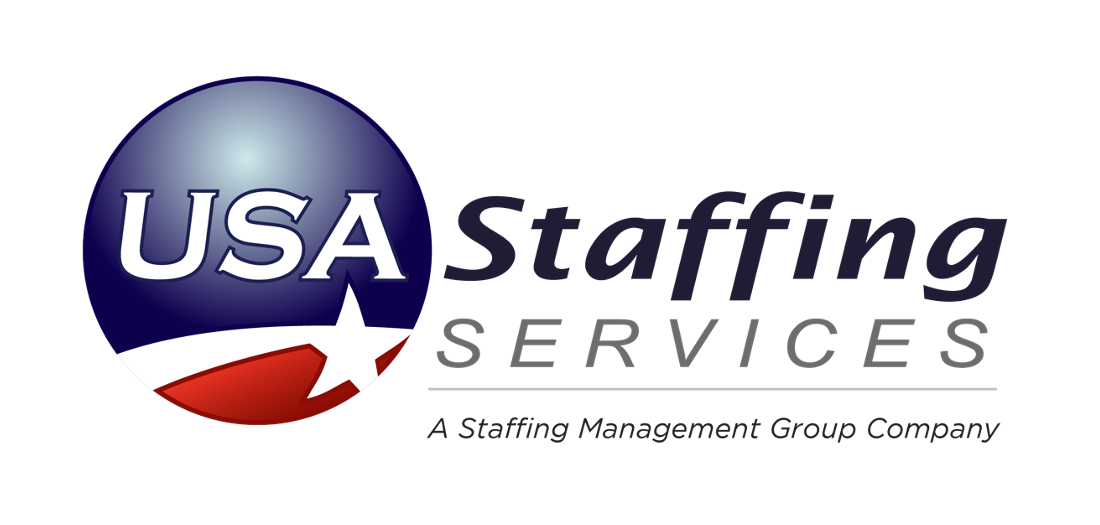In today’s competitive job market, organizations are constantly seeking innovative ways to attract, evaluate, and hire top talent while keeping overhead lower. One of the most transformative advancements in recent years is the integration of artificial intelligence (AI) into the recruiting process. AI technology is revolutionizing the industry right before our eyes and shaking up how companies identify and engage with potential candidates, streamline hiring processes, and enhance the overall candidate experience. We’re going to explore the various applications of AI in recruiting, its benefits, challenges, and the future of AI-driven talent acquisition.
The Applications of AI in Recruiting
AI is being utilized in numerous aspects of the recruiting process, from sourcing candidates to final hiring decisions. Some of the key applications include:
- Resume Screening and Candidate Matching: AI-powered tools can sift through thousands of resumes in a fraction of the time it would take a human. These systems use natural language processing (NLP) to analyze resumes and match them against job descriptions, identifying the most qualified candidates based on skills, experience, and other relevant criteria.
- Chatbots and Candidate Engagement: AI-driven chatbots can engage with candidates 24/7, answering queries, scheduling interviews, and gauging interest on open job orders. This not only caters to the candidate availability but improves the candidate experience while freeing up time for recruiters to focus on more strategic tasks.
- Predictive Analytics: Analytics can be used for predictive time to fill orders, expected profit from an assignment and fill ratios, based off historical data. Systems like Bullhorn Analytics can provide a solution for your business to easily insert an integrated and robust dashboard reporting tool.
- Bias Reduction: One of the critical challenges in recruitment is unconscious bias. AI can help mitigate this by focusing solely on objective data points, such as skills, categories, specialities, certifications, education and work experience, rather than subjective criteria that may inadvertently introduce bias.
- Talent Rediscovery:
AI can sweep through and search your existing ATS database of past applicants to identify candidates who may be a good fit for your open job orders. This talent rediscovery process can save a lot time and internal resources by leveraging existing candidate pools. Making sure you keep an up to date and clean ATS by following proper data integrity guidelines only makes this process easier.
Benefits of AI in Recruiting
The adoption of AI in recruiting offers several significant benefits:
- Efficiency: AI accelerates the recruiting process by automating repetitive tasks such as resume screening and scheduling interviews. This allows recruiters to focus on higher-value activities, such as building relationships with candidates and strategic planning.
- Improved Quality of Hire: By using predictive analytics and data-driven insights, AI helps identify candidates who are more likely to succeed in their roles, leading to better hiring outcomes.
- Enhanced Candidate Experience: AI-powered chatbots and personalized communication can provide candidates with timely updates and feedback, creating a more engaging and transparent hiring process.
- Cost Savings & Scalability: Automating aspects of the recruiting process can significantly reduce hiring costs by decreasing the time-to-fill positions and minimizing the need for extensive manual labor. In additional, reducing the tedious steps involved in the processes and increase scalability.
Challenges and Considerations
Despite its advantages, the use of AI in recruiting is not without challenges:
- Data Privacy: Handling candidate data responsibly is crucial. Organizations must ensure that AI systems comply with data protection regulations and maintain candidate privacy. Privacy protection guides still applies to your company and making sure you are following best practices while staying up to date on the changes occurring with Ai regulations. Here’s an article from SHRM regarding California’s policies.
- Algorithmic Bias: While AI can reduce human bias, it is not immune to bias itself. AI systems must be carefully designed and regularly audited to prevent the reinforcement of existing biases.
- Integration with Existing Systems: Integrating AI solutions with existing HR technologies can be complex and requires significant investment in time and resources. Having a pre-integrated Ai solution like Copilot by Bullhorn will streamline the implementation process for you. USA Staffing Services are one of the first Bullhorn customers to role out the revolutionary technology.
- Candidate Perception: Some candidates may be wary of AI-driven processes, fearing a lack of human touch. It is important to balance automation with personal interaction to maintain a positive candidate experience. Creating a well thought out structure that brings a personal touch and also keeps live contact in play is important to consider.
The Future of AI in Recruiting
The future of AI in recruiting looks promising, with ongoing advancements in technology poised to further enhance the talent acquisition process. Emerging trends may include:
- Hyper-Personalization: AI will be able to enable highly personalized candidate experiences, tailoring communication and job recommendations based on individual preferences and behaviors. Semantic job matching is already an option within our ATS/CRM and continues to develop into a groundbreaking tool.
- Advanced Predictive Models: AI will continue to improve its predictive capabilities, offering deeper insights into candidate potential and cultural fit.
- AI-Enhanced Employee Onboarding: AI can extend beyond recruiting to streamline onboarding processes, helping new hires acclimate quickly and efficiently.
- Ethical AI Practices: There will be a greater focus on ethical AI use, with organizations adopting transparent practices and robust frameworks to ensure fairness and accountability.
- Business Development: While this article is focused on the recruiting process, we can’t help but think where will AI go from a sales stand point. While it’s still being refined and developed further, Bullhorn Copilot can scrap up information in the ATS and pitch a candidate for a specific job within the system.
- Auto-Built Candidate Searches for New Jobs: Instead of needing to filter and build your own customer search to a new job order, we predict that AI will auto-match candidates to the new jobs and build out a search list based off the job requirements such as skills, certifications and job experience.
Conclusion
AI is undeniably transforming the landscape of recruiting, offering numerous benefits in terms of reducing the time to fill job orders, increasing scalability and efficiency. However, organizations must navigate the challenges thoughtfully to harness the full potential of AI. By balancing automation with human touch and prioritizing ethical considerations, companies can leverage AI to build stronger, more diverse, and high-performing teams, ultimately driving organizational success in the digital age.

